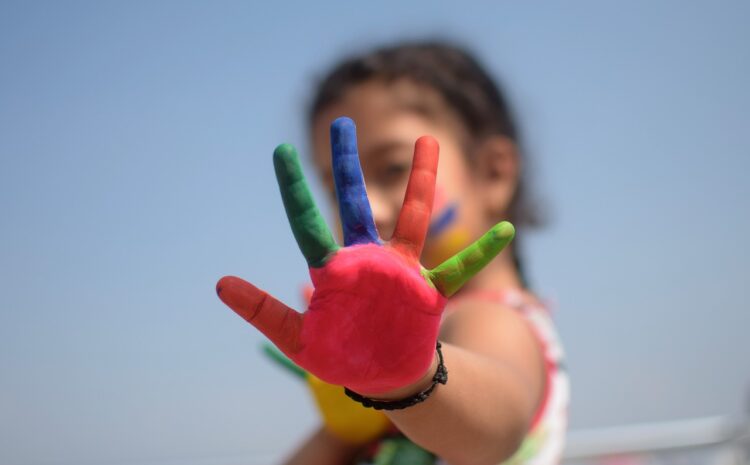
Ensuring the safety and well-being of children in daycare settings is a top priority for parents and guardians. While instances of daycare abuse are rare, taking proactive steps to prevent abuse is essential. By implementing effective strategies and staying vigilant, parents and guardians can create a safe environment for their children in daycare. This article explores actionable tips for preventing abuse in daycare settings.
Screening Daycare Facilities
Before enrolling your child in a daycare facility, thoroughly research and screen potential options. Look for daycare centers that are licensed and accredited, as this ensures they meet minimum safety and quality standards. Additionally, each daycare facility must be personally visited to assess the cleanliness, safety measures, and overall environment. Trust your instincts and choose a daycare provider that aligns with your values and priorities.
Know the Staff
Get to know the staff members who will be responsible for caring for your child. Inquire about their qualifications, experience, and background checks conducted by the daycare facility. Building a rapport with daycare staff fosters open communication and encourages transparency. Establishing a trusting relationship with caregivers lets you stay informed about your child’s well-being and promptly address any concerns.
Stay Involved
Stay actively involved in your child’s daycare experience by regularly communicating with daycare staff and participating in activities and events. Attend parent-teacher meetings, volunteer for field trips, and engage with other parents in the daycare community. By staying informed and engaged, you can establish a support network and contribute to a positive daycare environment for all children.
Educate Your Child
Empower your child with knowledge and awareness of personal boundaries and safety rules. Teach them about appropriate and inappropriate touches, how to speak up if something makes them uncomfortable, and who to trust if they need help. Encourage open communication with your child and tell them they can always come to you with any concerns or questions.
Monitor Your Child’s Behavior
Pay attention to any changes in your child’s behavior or mood that may indicate distress or discomfort. Be alert to signs of anxiety, withdrawal, aggression, or regression in behavior. Keep lines of communication open with your child and encourage them to share their experiences and feelings about daycare. Trust your intuition and address any red flags or concerns promptly.
Foster a Culture of Accountability
Advocate for policies and procedures that prioritize child safety to promote accountability and transparency within the daycare facility. Encourage the implementation of clear guidelines for staff conduct, reporting protocols for suspected abuse, and ongoing training on child protection practices. Support initiatives that prioritize the well-being of children and hold daycare providers accountable for maintaining a safe environment.
Promoting a Safe Daycare Environment: Continuing Efforts for Prevention
Preventing abuse in daycare requires a collaborative effort between parents, guardians, daycare staff, and the broader community. By implementing proactive strategies such as screening daycare facilities, knowing the staff, staying involved, educating your child, monitoring behavior, and fostering a culture of accountability, parents and guardians can create a safe and nurturing environment for their children in daycare.
Why You May Need a Daycare Abuse Lawyer
Despite proactive prevention efforts, daycare abuse can still occur. In cases where abuse is suspected or confirmed, seeking legal guidance from a daycare abuse lawyer is essential. These specialized attorneys can provide invaluable support and advocacy for victims of daycare abuse and their families. When selecting a daycare abuse lawyer, look for someone with experience in handling similar cases, a compassionate approach, and a track record of success in achieving justice for their clients. By seeking legal assistance, you can hold responsible parties accountable and ensure that your child’s rights are protected.


